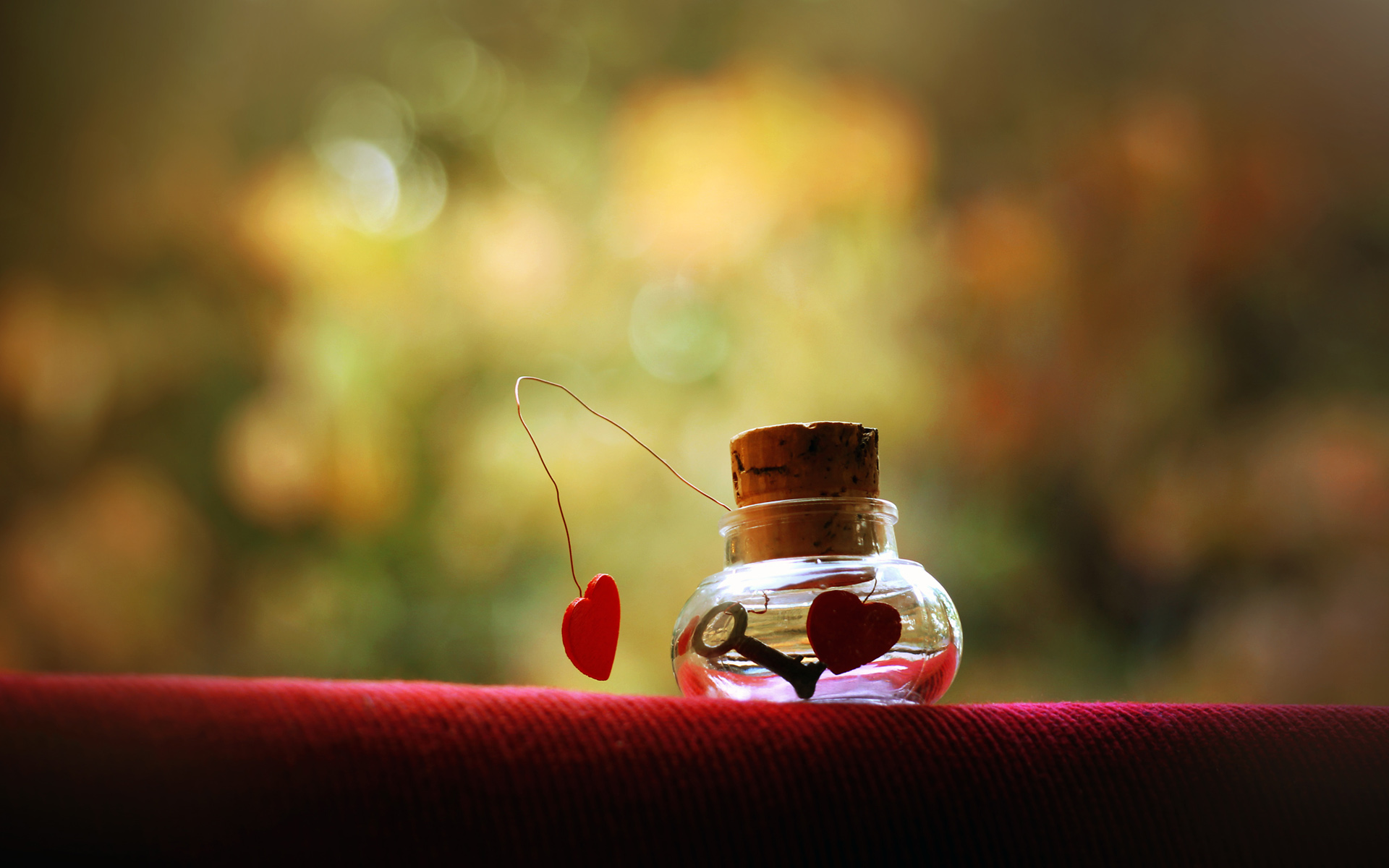Philosophy and Sex
By Al Gini

Philosophy and Sex
By Al Gini
Arguably, Alain De Botton is the most widely read English language philosopher in the world. In fact, if you take into account how many languages his books have been translated into, he is perhaps the single most popularly read philosopher in the world today.
A big part of his popularity is that he has published on topics that are part of everyone’s lives: anxiety, travel, architecture, religion and work. And now he has turned his attention to a topic that has been a “source of needless neurotic frustration for most of human history” – sex!
De Botton’s new book, How To Think More About Sex, is not a sex manual that offers (philosophical?) insights on how to have more intense and better sex. Rather, it is a series of reflections on the general complexity of life and how all of us, to some degree or another, are unhappy with or unfulfilled in our sex lives. The goal of the book is to help us feel “a little less painfully strange about the sex we are either longing to have or struggling to avoid.”
Frankly, this is not a book I would give my wife, partner or lover on Valentine’s Day. De Botton’s thesis – though thoughtful and more than a little correct – is a downer.
Although De Botton recognizes that sex can be satisfying, sensational, and even transcendent, most of the time, he claims, it is pedestrian, purely functional or disappointing. To be fair, De Botton’s argues that the problem isn’t sex per se. Rather, he maintains that the demands and complexities of life make “great sex” hard to achieve – because we are all too busy, too engaged, too overwhelmed by too many other things in life.
Normal life, suggests De Botton, is the enemy of “cupidity” (eager desire). Work, children, responsibilities, stress, anxiety, drugs, alcohol, and the unavoidable loss of intimacy that is part of all long-term relationships equals the “death of lust” and the end of desire.
Sadly, De Botton seems to be in agreement with Goethe when he said: “Love is an ideal thing, marriage is a real thing; a confusion of the real with the ideal never goes unpunished.” However, I choose to take away a different lesson from this book.
Rather than just offer us a comical and negative interpretation of sex and love, I think De Botton is offering us a cautionary tale. To wit: The most difficult task in life is getting like, love and lust all in one relationship.
